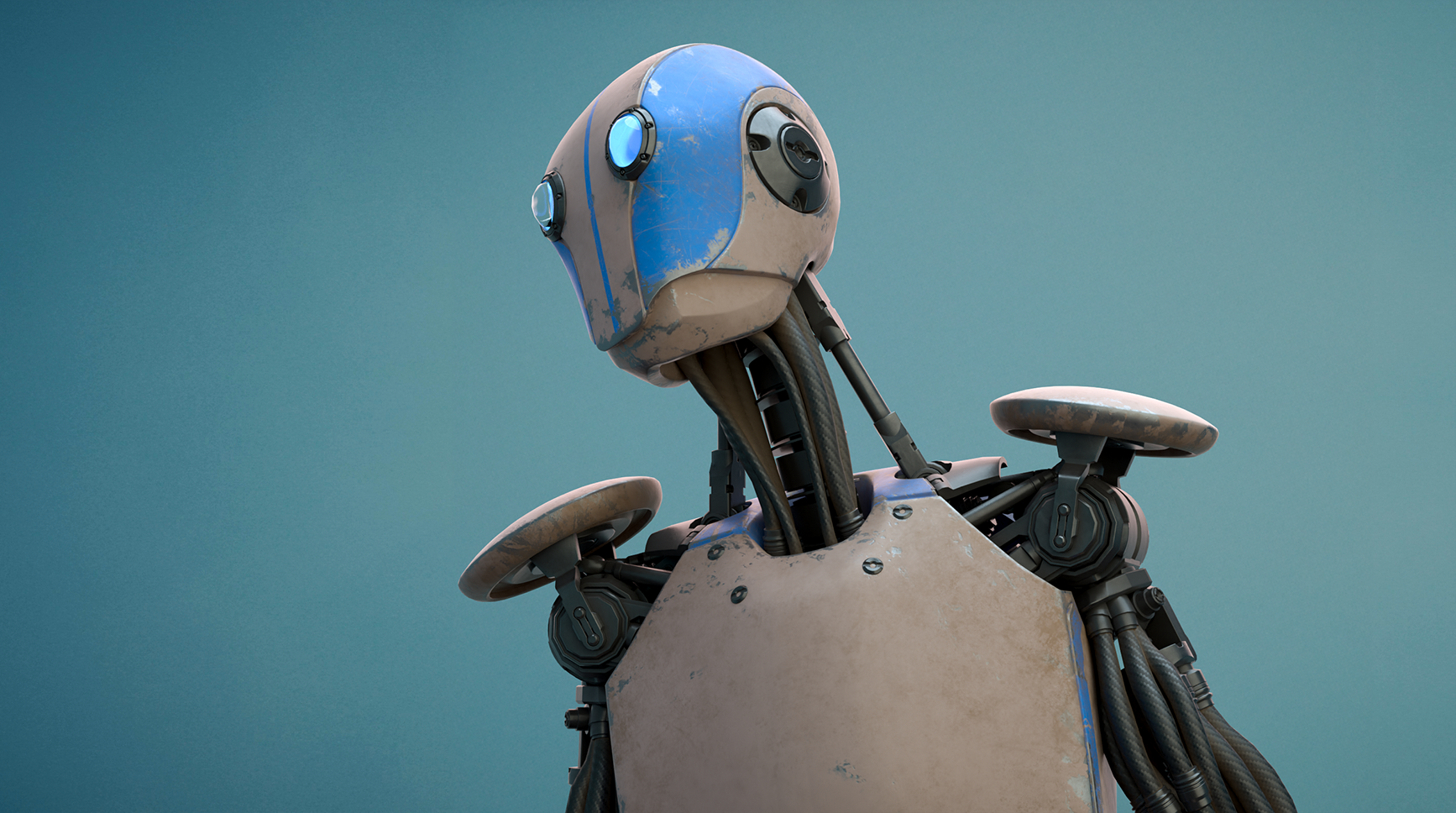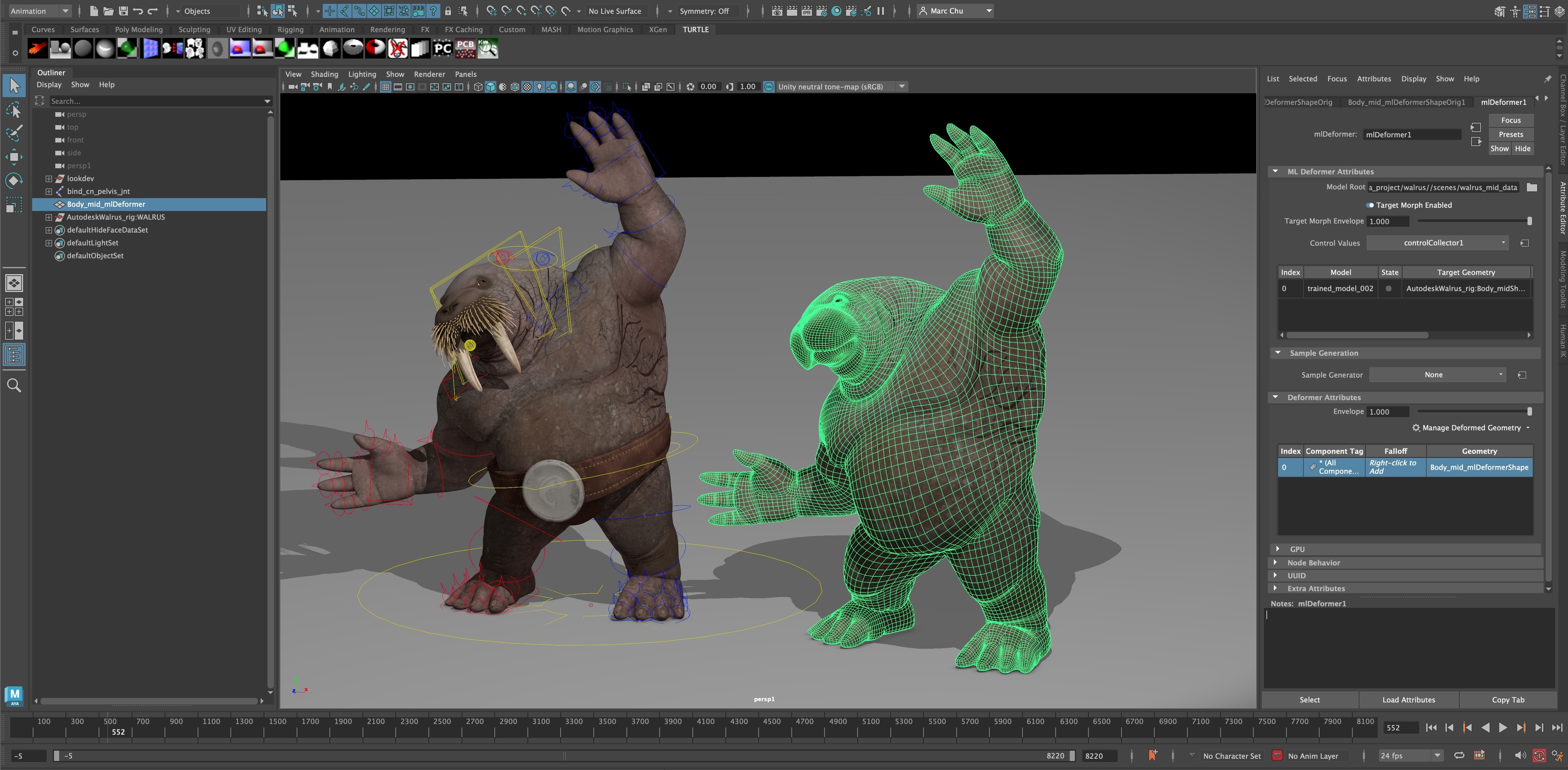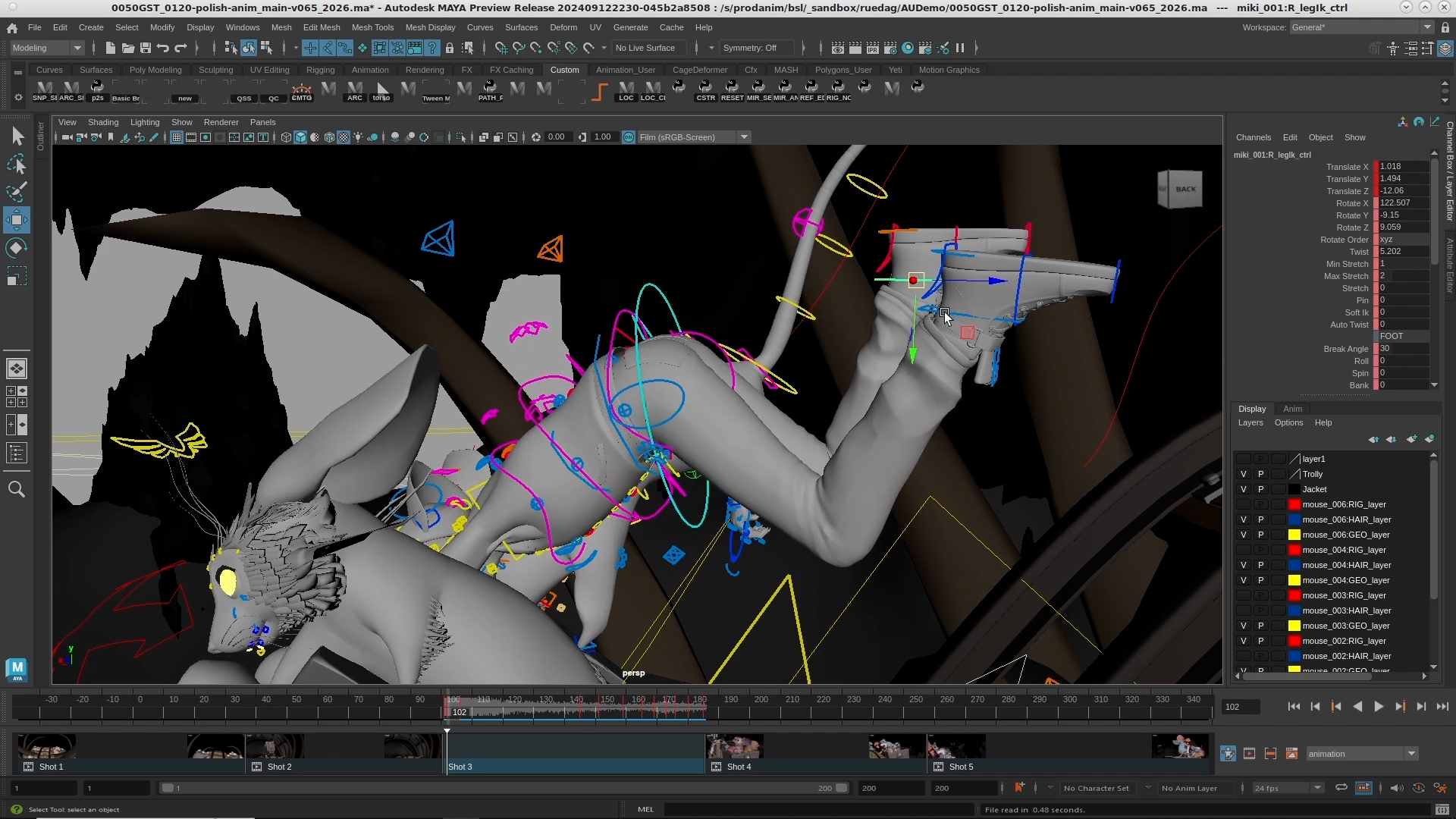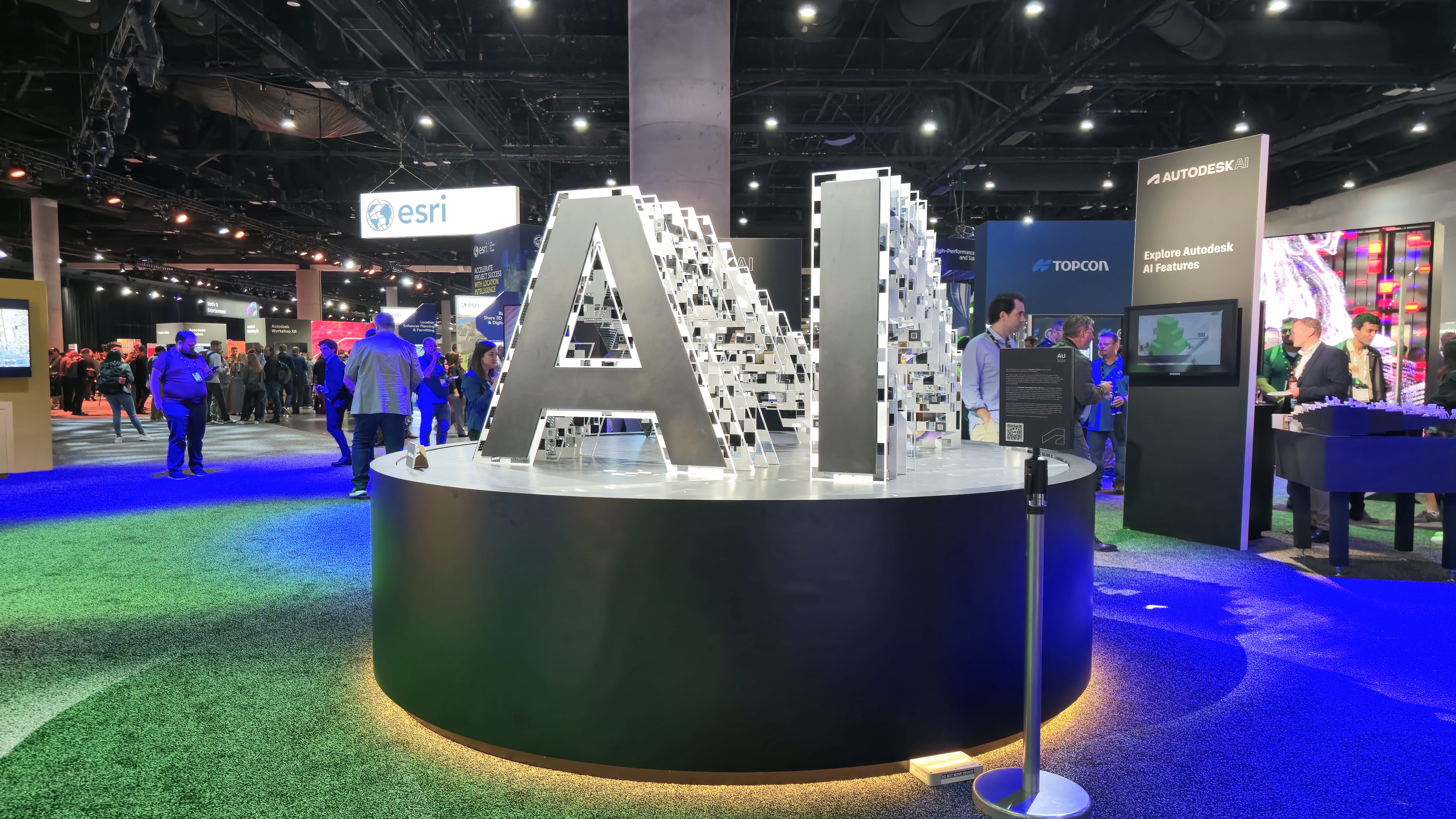
Autodesk has officially announced an exciting new roster of AI capabilities coming to its 3D modelling software portfolio, including Maya, Flame, Flow, Fusion, and Wonder Studio. I'm here at the company's annual Autodesk University (AU) conference in San Diego, California, and learning first-hand how these AI tools are moving the industry forward, while accelerating artist workflows.
As with most AI announcements, there's quite a bit to unpack here. Autodesk's president and CEO, Andrew Anagnost, assures us that AI is not here to replace anyone and believes the key purpose of these new AI tools is to enhance artist creativity and improve storytelling efficiency by automating more tedious tasks.
For example, there's a new ML Deformer algorithm in Maya that can learn how complex characters move, simply from the existing data in a scene. This will allow animators to pose characters much faster and in real-time. Autodesk is launching in total around 25 new AI models that work by analysing shots and that are trained on motion capture data.

Additionally, Autodesk has been continuing to develop Flow, its industry cloud for media and entertainment that was first announced back in 2022. A new feature referred to as Flow Animating in Context for Maya will provide access to editorial sequencing data, so that animators can see the editorial timeline as they work, and create better animations faster that fulfill a directors intent.
The company is also launching a new Flow Graph Engine API that will enable new cloud features in content creation software tools like Maya and 3DS Max, while allowing developers to run Bifrost graphs in the cloud. This helps to realise creative ideas that were previously hard to achieve.

Meanwhile, artists can now also quickly denoise images in Arnold when rendering a scene, can achieve more realistic results when working with videos in Flame by using AI to create extra frames in between shots, and artists can now use the Wonder Studio by Wonder Dynamics (recently acquired by Autodesk) to easily put characters into live-action scenes.
After getting to network and talk with industry experts and artists from around the world, it's becoming clear just how game-changing these integrations from Autodesk will be across the fields of media, entertainment, manufacturing, and even the automotive industry too.

Within the design and manufacturing industry, AutoConstrain is a new feature coming to Fusion that will use AI to initially analyse project sketches, and then can suggest dimensional constraints going forward to maintain the design intent throughout the project, adapting as you work, and offering new options when dimensions are changed or deleted. This is a great time saver for designers, and can prevent delays from constraint errors that might have been previously overlooked.
Then there's the AI-powered tool, Drawing Automation, which will also be coming to Fusion. It can create 2D drawings from 3D models,while laying out drawing sheets, applying styles, and can identify and removing fasteners that aren't needed. Lastly, there's going to be a new Autodesk Assistant in Fusion, equipped with Autodesk-specific and wider industry knowledge whereby users can prompt the assistant with a specific question for help with a project.
I haven't even mentioned Bernini yet, which is Autodesk's research project for generative AI 3D shape creation, and it's seriously impressive! I'll update you more in the coming days with what I learn at AU, so stay tuned for updates including first impressions and hands-on sessions.







